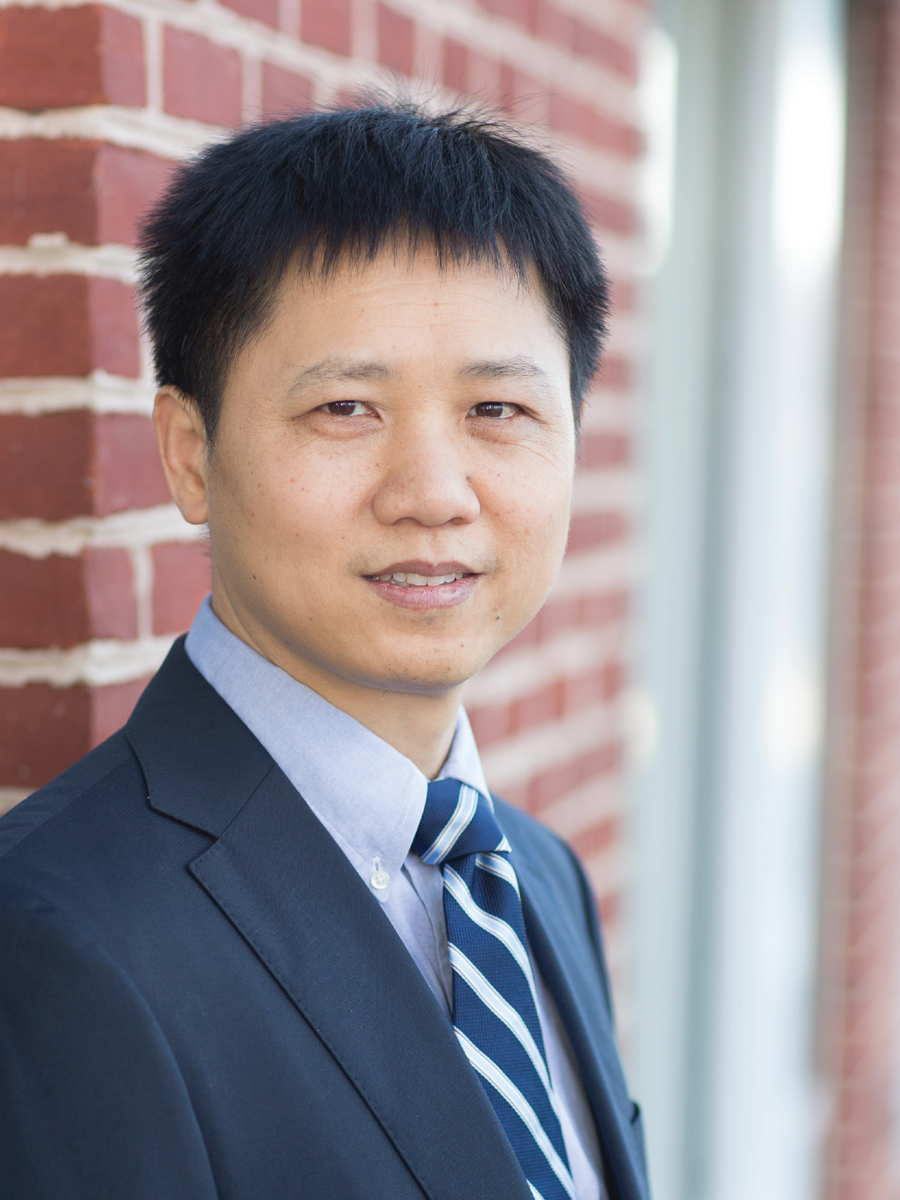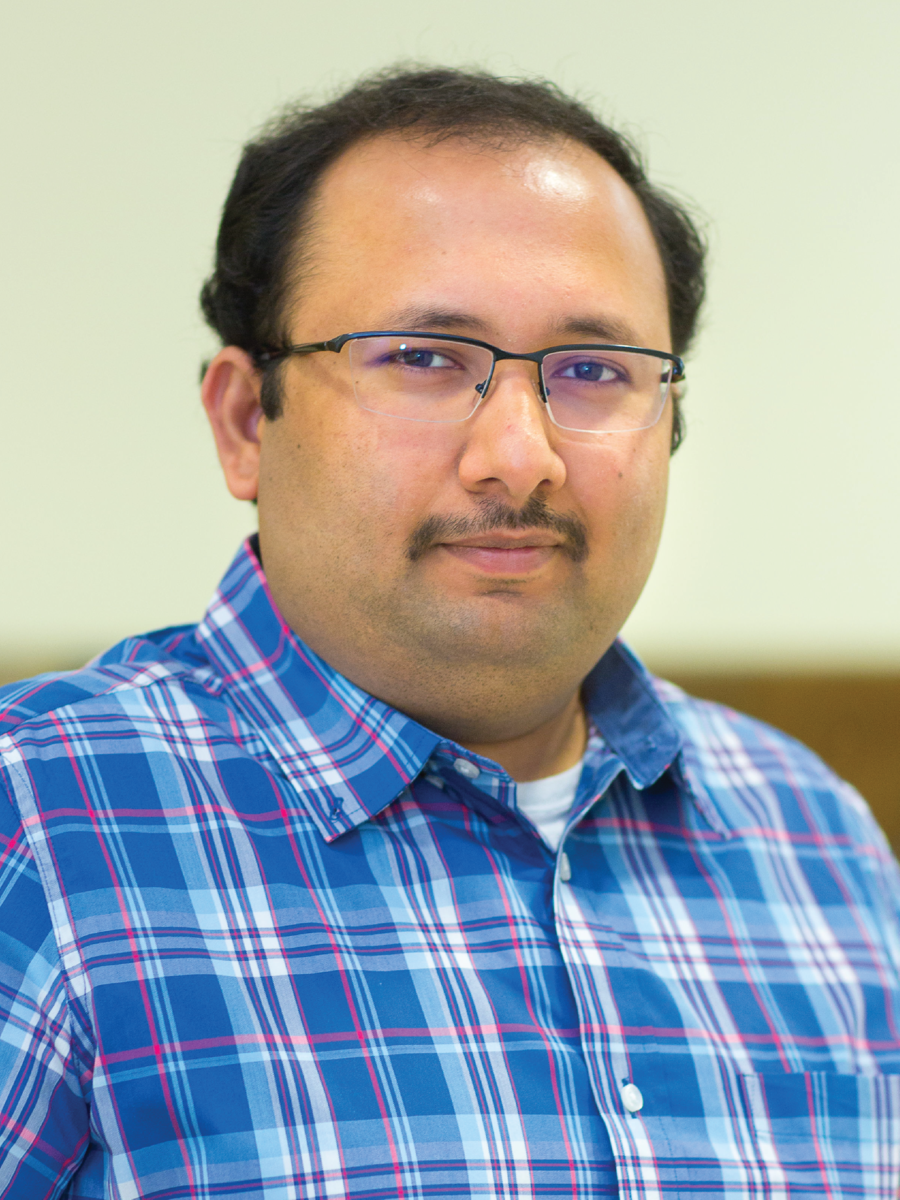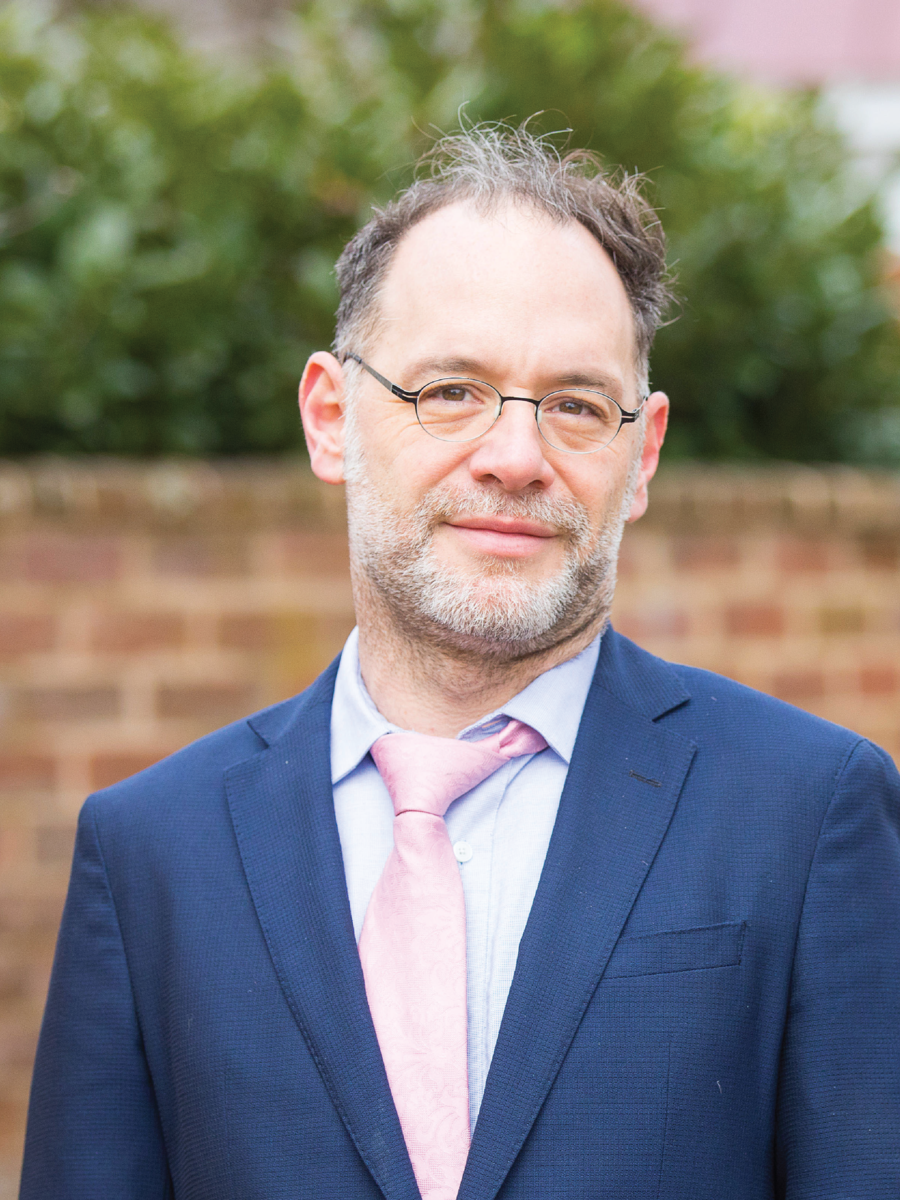Systems of contagion and potential interventions and solutions span questions of basic biology, medicine, political and social science. Our cross-cutting, interdisciplinary Contagion Science program provides an umbrella for a wide range of existing, unfolding, and novel research questions that address large societal challenges. The program spans multiple UVA schools and relies heavily on information sciences, technologies, and infrastructures to foster and accelerate new collaboration between project partners.
By building on a number of prominent research initiatives at UVA by participating faculty members in the College of Arts and Science, School of Engineering and Applied Sciences, School of Data Science, the School of Medicine, and the Biocomplexity Institute, the Contagion Science program aims to generate new knowledge and R&D applications aimed at transdisciplinary research topics spanning from epidemiology, network science and data science, AI, computational social, robotics, biology, and economic science, as well as social and behavioral sciences.
Contagion Science provides an umbrella for fundamental research challenges and acknowledges that mechanisms and patterns of contagion are not limited to pandemics but occur in many areas of our modern societies.
Scientists at UVA acknowledge the need to develop cross-cutting technological computing innovations that interface with real-world societal applications to improve planning and response to contagions of this scale and impact. Fueled by a UVA grant of $5 million in support of the University’s quest to move its research from prominence to preeminence, the Contagion Science program provides a coordinated “big science” approach to exploring ways to address contagions of the magnitude we experienced with the global pandemic of the 21st century. This plan includes hiring faculty and postdoctoral associates at participating organizations.
Distinguished Professor in Biocomplexity, Biocomplexity Institute
Professor of Computer Science, School of Engineering and Applied Science
Executive Director
Distinguished Professor in Biocomplexity, Biocomplexity Institute
Professor of Computer Science, School of Engineering and Applied Science
Associate Professor
Associate Professor of Engineering Systems and Environment, School of Engineering and Applied Science
The Contagion Science program community is open to all interested researchers and faculty at UVA and beyond. In addition to members at BI, it includes more than 20 faculty members from the School of Medicine, the School of Engineering and Applied Sciences, the School of Data Science, and the College and Graduate School of Arts and Sciences.
In alignment with the University of Virginia’s goal to move its research from prominence to preeminence, deans, faculty, and researchers from across Grounds got together to participate in the formal launch of the Contagion Science program, an initiative funded by the University as part of its Prominence-to-Preeminence STEM initiative.
The University of Virginia has awarded $19 million for interdisciplinary STEM research across Grounds as part of the Prominence-to-Preeminence Fund.




















